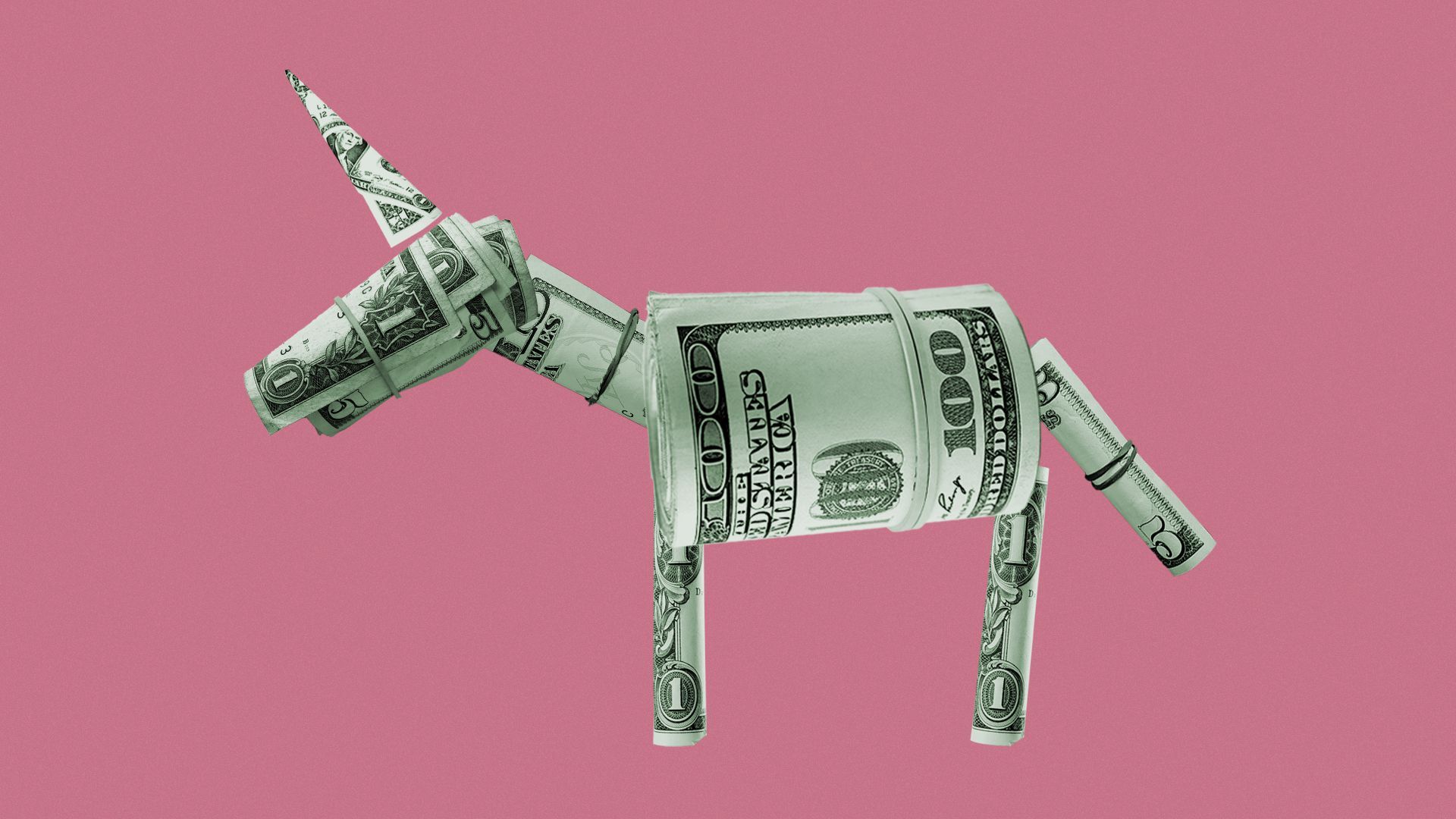How private markets embraced valuation disclosure
Add Axios as your preferred source to
see more of our stories on Google.

Illustration: Annelise Capossela/Axios
In my early days of covering private markets, there were two pieces of data that were almost impossible to come by: Fund performance and VC-backed valuation. These were "trade secrets" whose disclosure could be catastrophic, all of my sources insisted.
Fast forward: All of my sources were wrong.
Most funds gave up the performance ghost years ago, when several large public pension systems began publishing fund-level returns. There were some legal threats and a few firms stopped taking public pension money, but the upshot was that "disclosed" firms still managed to raise new funds, do deals and generate returns.
The VC-backed valuation piece took longer, but now it's unusual if a large funding round doesn't include some sort of valuation information (including today's two largest deals).
- This evolution is mostly about marketing, harkening back to Slack's Stewart Butterfield saying in 2015 that raising at a $1 billion valuation was more about the cachet than the cash. Particularly when it comes to hiring and securing enterprise clients, as unicorn status can imply deep-pocketed stability.
- The most remarkable example came earlier this month, when sources close to Clubhouse were willing to disclose that it had raised at a $4 billion valuation — but not how much money the audio app actually raised, or if it was primary capital. Bizarro trade secret world.
But, but, but... There can be some drawbacks to VC-backed valuation disclosure. Not the disclosure itself, in a "competitive advantage" sense, but the unnatural acts it can lead companies to commit.
- Doubling a valuation in a few months might feel great, but it also can create unreasonable growth pressures.
- It also can create some hiring issues, even for startups that have moved from options to RSUs. In short, certain people want to feel there's more runway to valuation blast-off, rather than get aboard once already in orbit.
- "Unicorn" announcements can spark trickle-down valuation creep, which isn't always matched by commensurate option pool growth.
The bottom line: Private markets still cling to several disclosure taboos, including some information that's kept from a fund's own limited partners. Don't be surprised to see more of them fall by the wayside, without all hell breaking loose.
